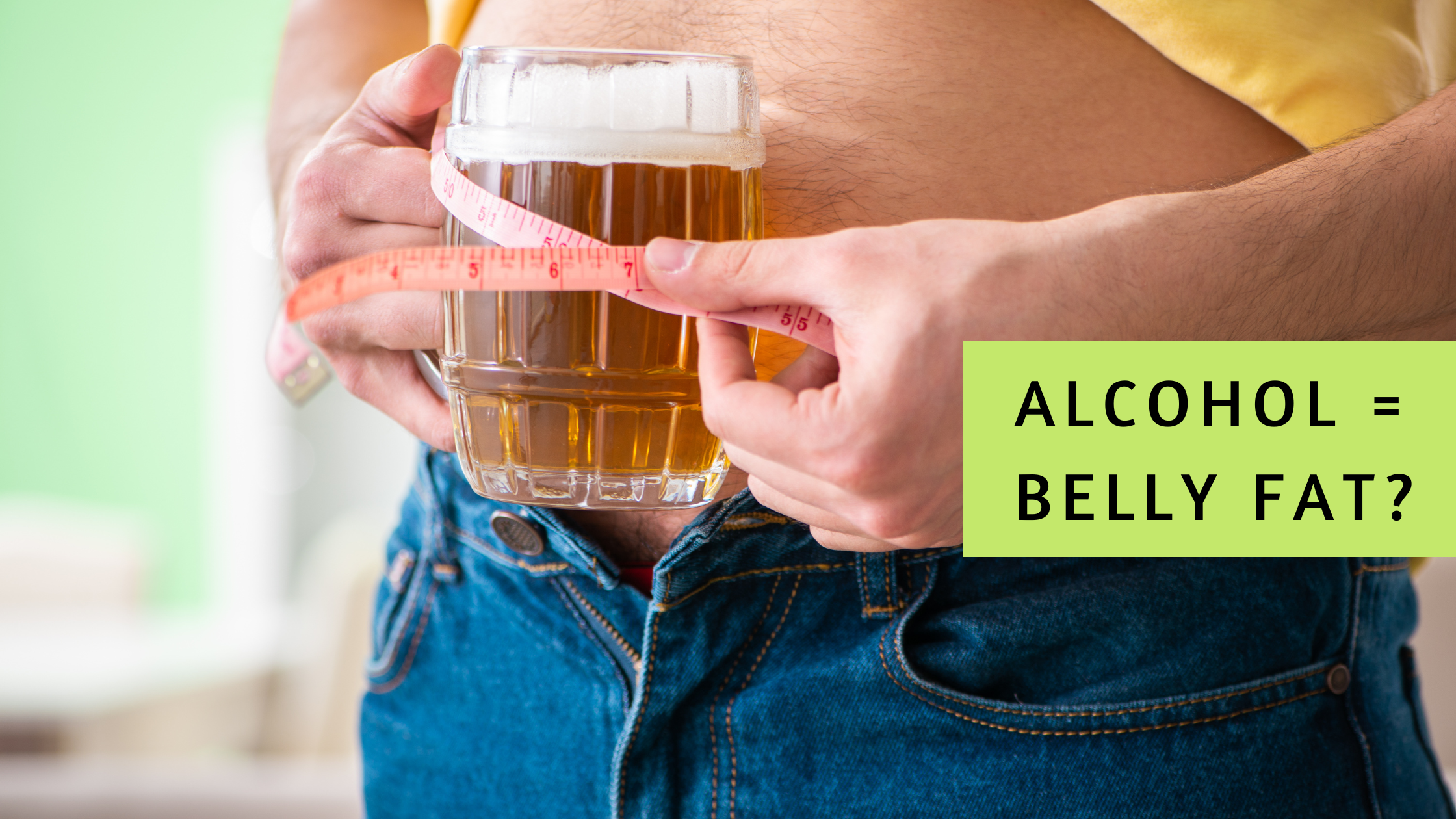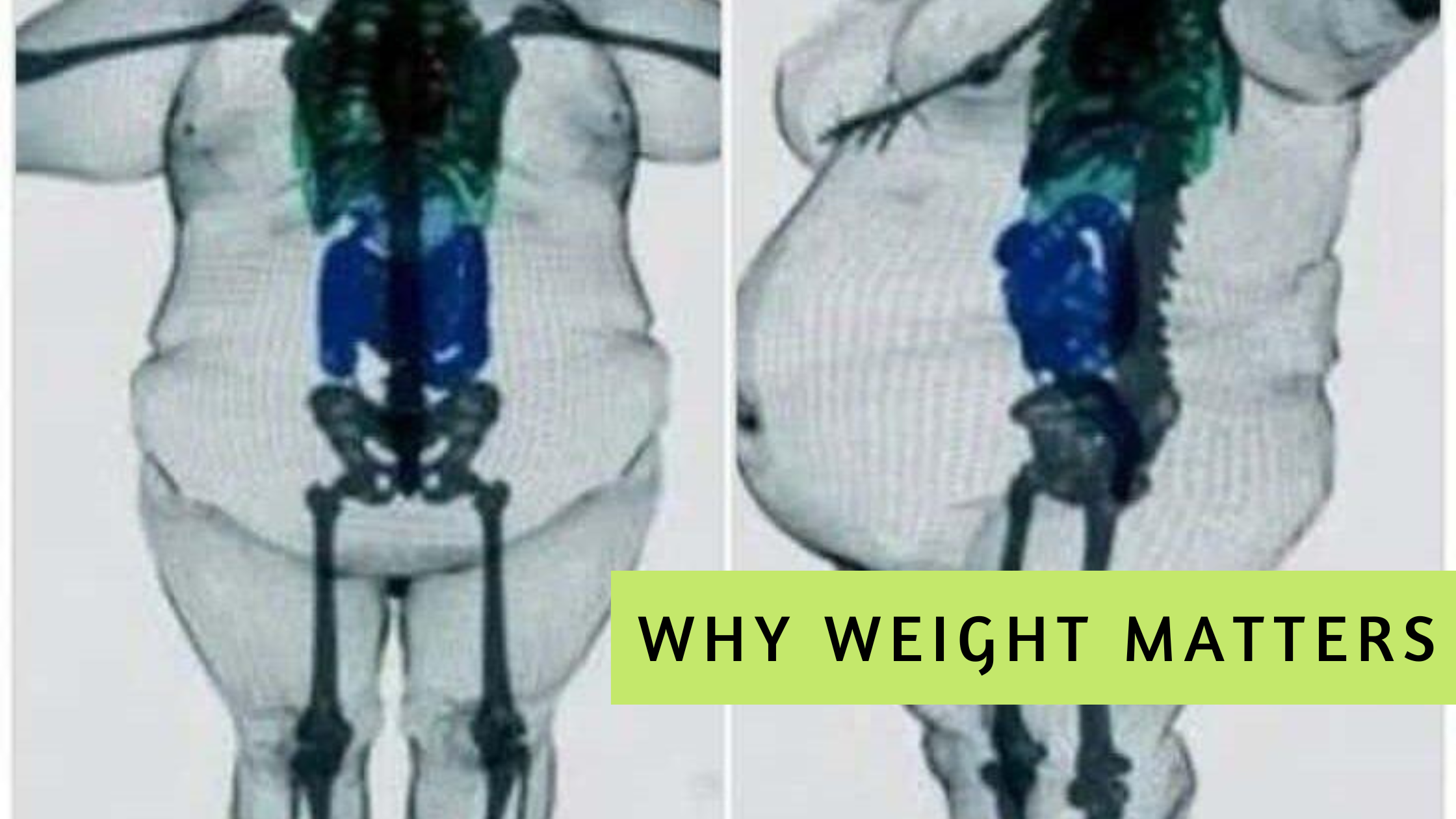What are your constant cravings really trying to tell you?
Do you find yourself often or constantly craving specific foods? If you do, it could be your body trying to ‘get your attention’ and providing you some indications on what may be wrong…
Most Common Food Cravings: Sugar, Bread, Chocolate and More
The most common food cravings include sugar and sugary drinks, bread, chocolate, crisps, and other salty foods. However, more unusual cravings for non-food items include ice, chalk, or clay (this condition is known as ‘Pica’).
What Causes Food Cravings?
Reasons for food cravings include but are not limited to nutritional deficiencies, stress or lack of sleep, imbalanced blood sugar levels, dehydration, and at times, underlying health conditions.
How Sleep Affects Your Cravings
Lack of sleep, for example, can make your body produce more of the hunger hormone (called gherlin) and less of the satiety hormone (called leptin). This often translates into cravings of carbohydrate-rich and sweet foods and a general feeling of increased appetite. Similarly, stress or anxiety can also increase cravings for high-sugar foods, which can trigger the release of serotonin and dopamine, both of which are neurotransmitters produced by your brain and are known to be involved in increased mood and feelings of reward (we often informally refer to them as the happy hormones).
Dehydration and Salt Cravings
Dehydration is another common underlying reason for food cravings, particularly for salty foods, like crisps or popcorn, which are high in sodium. Interestingly, many times, people mistake their thirst for hunger. Remember that your water intake should be personalised for your own needs (including weight and activity level), but most individuals should consume between 1.5lt - 2lt water per day.
Could a Nutritional Deficiency Be Behind Your Cravings?
Certain nutritional deficiencies can manifest as common or uncommon cravings. A common one is chocolate craving, which may suggest you are low in magnesium (however, it may also suggest that your blood sugar levels are out of balance).
Blood Sugar Rollercoaster: The Most Common Cause of Food Cravings
However, the most common reason for food cravings is probably dysregulated blood sugar levels, sometimes called ‘blood sugar rollercoaster’. This can happen as a result of significant fluctuations in blood sugar levels, characterised by blood sugar spikes, which are triggered by a high carbohydrate or sugar foods, followed by a ‘sugar-crash’, resulting from a quick drop in blood sugar levels. ‘Sugar crashes’ ultimately lead to an increased sugar craving that will increase blood sugar levels and start this vicious cycle again…. As you may already be able to guess, a ‘blood sugar rollercoaster’ is very closely associated with poor sleep, stress, and anxiety. Often, working to closely manage, monitor, or solve dysregulation of blood sugars can have a positive impact on sleep quality and stress level, which can work on multiple levels to reduce your cravings.
How We Can Help You at Eva’s Clinics
At Eva’s clinic, we can work with you to help manage your food cravings, which often interfere with a weight loss progress and can even contribute to weight gain. We do that by working with you on a 1-2-1 basis and making dietary plans that can work for you, depending on your goals and unique circumstances. You can check out our personalised 1-2-1 nutrition plans here. In addition, we have also designed a wide range of nutritional food products that can help maintain blood sugar levels and therefore help to reduce some of the most common food cravings. Our exciting and delicious food products include high-fibre and high-protein breakfast cereals, croissants, a variety of snack options, and some ready-made dinners.
When to Speak to a Doctor About Your Cravings
Finally, it is crucial to mention that, at times, some cravings may indicate something that can require medical attention. For example, excessive thirst is a sign of diabetes, unusual cravings may be associated with early pregnancy, and craving non-food items (e.g, soil or chalk) can indicate anemia. Please always discuss your symptoms with your GP.

